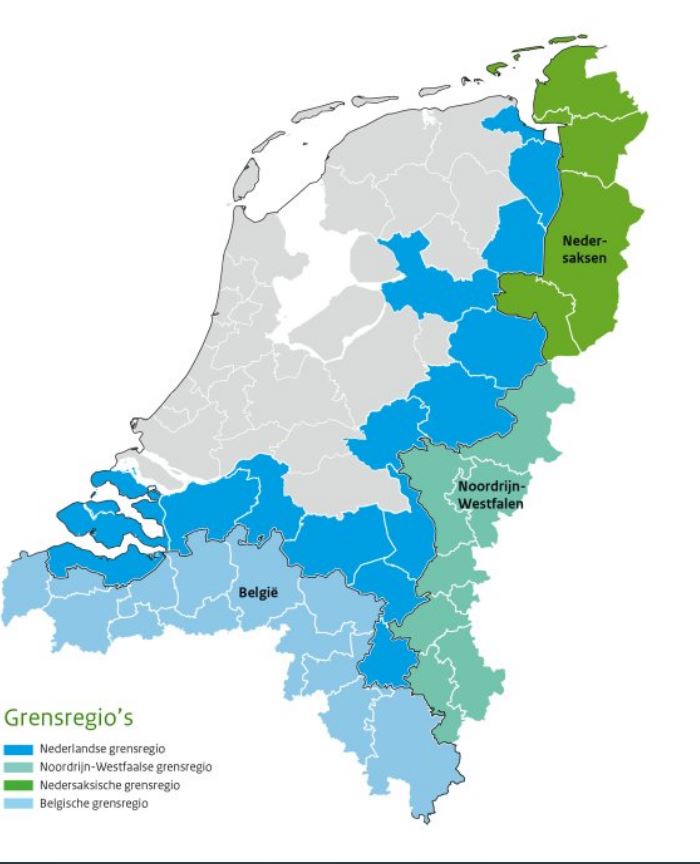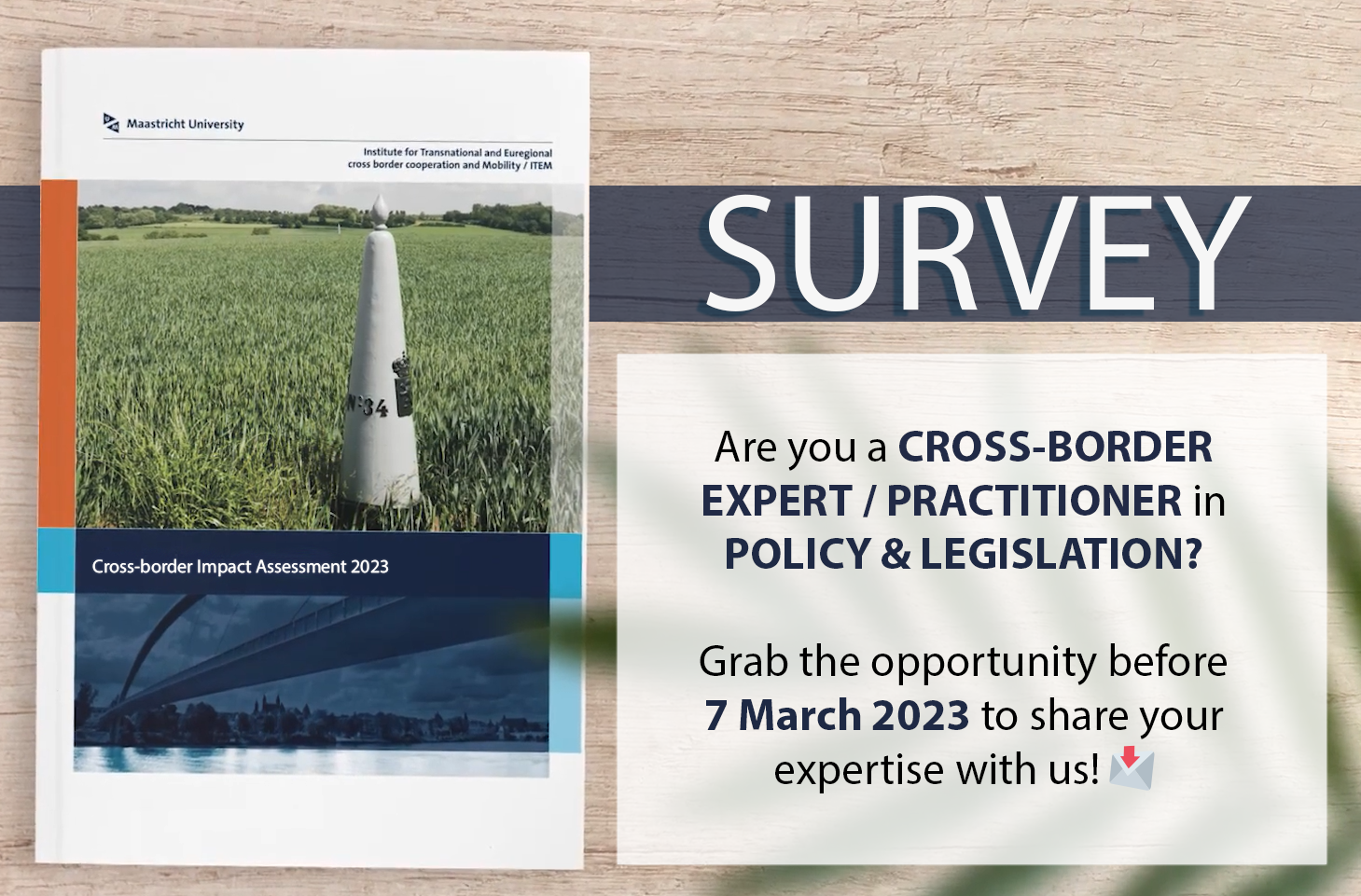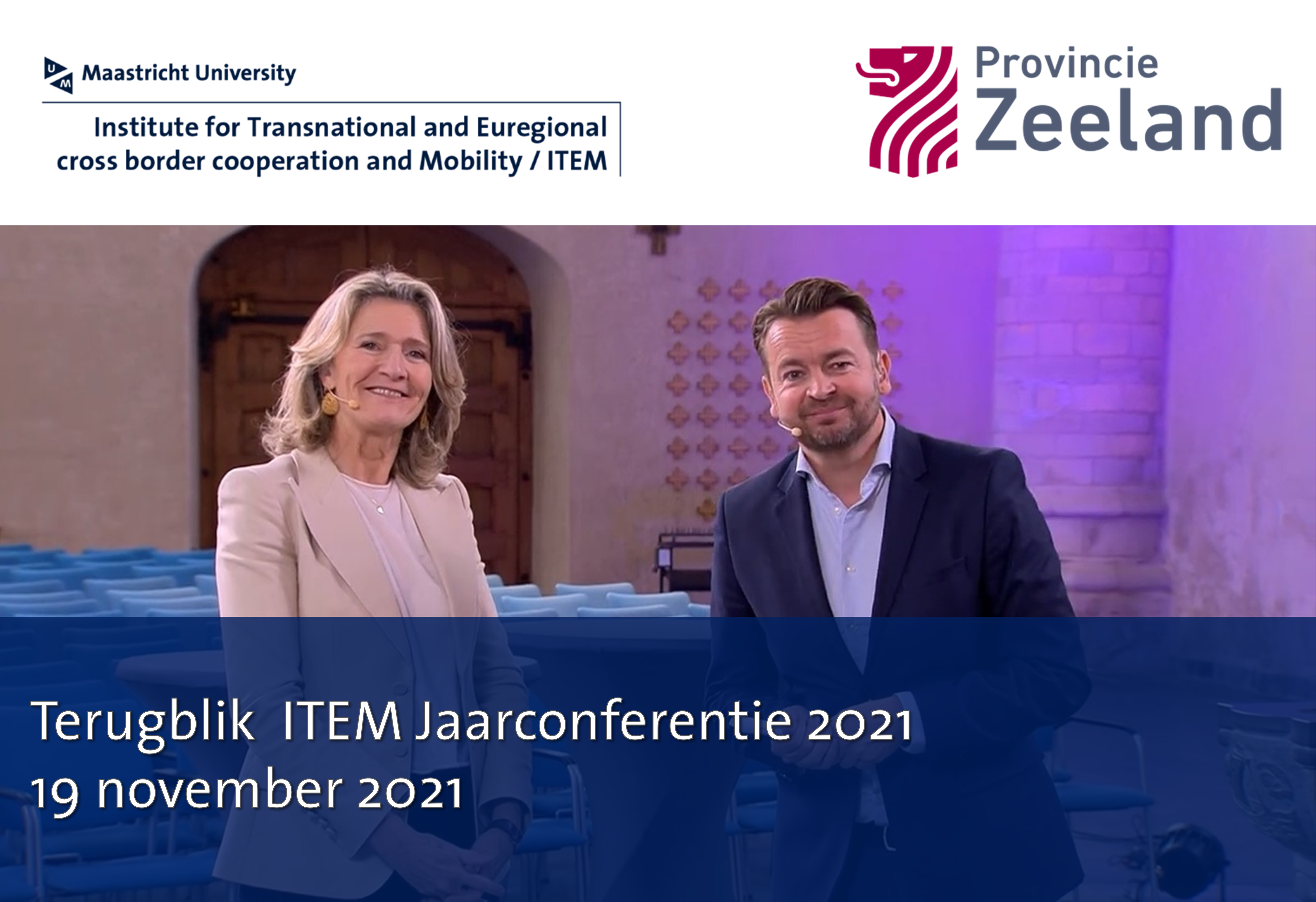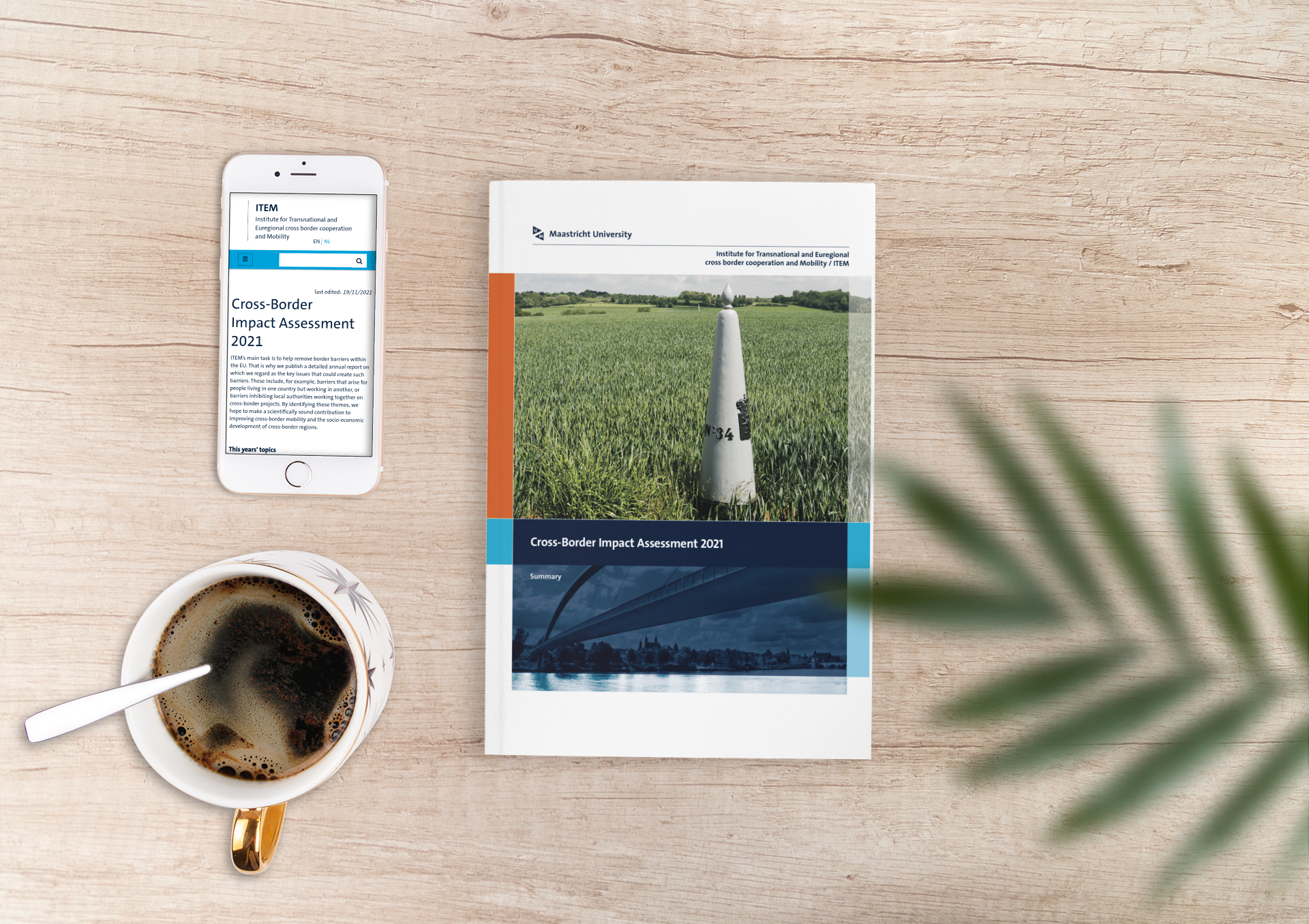News
-
What is it like, being the first generation to go to university? We are talking about this topic with various UM students. Joy Osadebawem Daniel from Luxembourg is one of them. Her parents, originally from Nigeria, didn’t always have an easy time after arriving in Luxembourg. But they taught Joy an...
-
EU immigration and asylum law are plagued by disharmony and dysfunction. Lilian Tsourdi, assistant professor of International and European Law, is investigating how to improve the situation.
-
The Consul Association has jointly decided to award a prize (value: 1000 euro) for the best master thesis in the field of EU law, written at the Faculty of Law of Maastricht University during the academic year 2022/2023. The Prize will be awarded to the student who wrote a thesis of outstanding...
-
On Wednesday 15 March 2023, there will be elections in the Netherlands. We will then vote for the Provincial Council and the District Water Board. Seven of the 12 Dutch provinces border a neighbouring country. Cross-border cooperation and special attention for border regions is therefore extra...
-
The consultation round on the upcoming ITEM Cross-Border Impact Assessment 2023 has been launched! Grab the opportunity to share your experiences with ITEM! Dossier suggestions can be made up to and including 7 March 2023.
-
The Executive Board has appointed Dr Dominic Coppens as Professor of International Economic Law with effect from 1 September 2022 for 0.2 FTE; he succeeds Prof Peter Van den Bossche.
-
The consultation round on the upcoming ITEM Cross-Border Impact Assessment 2022 is herewith launched! Grab the opportunity to share your experiences with ITEM! Dossier suggestions can be made up to and including 23 January 2022.
-
The importance of cross-border cooperation manifests itself more than ever during the coronapandemic. Multi-level governance is the foundation for taking the next steps; looking for each other and perpetuating relationships at all levels, in administration, politics and practice. This became clear...
-
Due to the Corona crisis, also many cross-border workers are forced to work in their home country. They have been asked not to cross the border to come to their office situated in the neighbouring country. At the moment, this is only possible because the Dutch, Belgian and German governments have...
-
Unless the EU rules and tax treaties are amended, some cross-border workers will soon have to pay tax in two countries: in their country of residence for hours spent working from home, and in the country in which they work for hours spent in the office. Since COVID-19 has made working from home...









